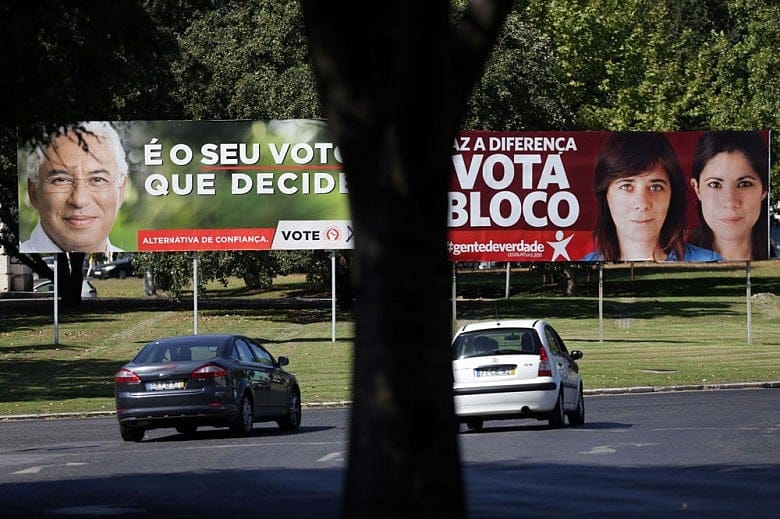Portugal’s radicals move to heart of power after debt crisis

LISBON, Portugal (AP) — Die-hard communists are poised to walk the corridors of power in Portugal, and a new generation of leftist radicals is right beside them.
The Portuguese Communist Party and the radical Left Bloc say they are hitching up with the bigger, moderate Socialist Party for what will likely be a successful — and controversial — gambit next week to unseat the country's center-right government just days after it was sworn in. The three parties then intend to take command of the country's fortunes for the next four years in a bold power play that just a few weeks ago was unthinkable.

